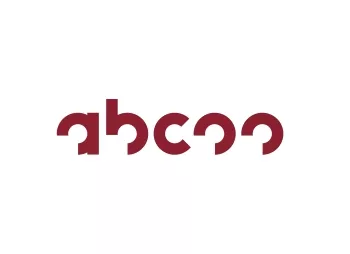- within Corporate/Commercial Law topic(s)
- in European Union
- with readers working within the Property industries
Article 347 of the Turkish Commercial Code ("TCC") explicitly prohibits the issuance of shares below their nominal value, thereby serving the principles of capital maintenance and protection. While this provision aims to safeguard the financial integrity of companies, it does not prevent the issuance of shares at a price exceeding their nominal value, a practice commonly referred to as "agio" or "share premium." Agio serves as an essential mechanism in modern corporate finance, particularly in capital increases, by allowing companies to raise additional funds without altering their nominal shareholding structure. In this respect, agio offers a flexible financing tool that facilitates the preservation of shareholding balance while also raising important legal and practical considerations.
What is Agio?
Agio refers to the portion of the share price that exceeds its nominal value during incorporation or capital increase. This excess amount is recorded as a capital reserve. The economic rationale behind agio usually stems from the financial strength and future profitability expectations of the issuing company. For agio to be legally recognized, it must be expressly stipulated at the time of issuance (i.e., during incorporation or capital increase). On the other hand, if an existing shareholder later transfers their shares to a third party at a price above nominal value, such transaction is not considered agio. Moreover, pursuant to Article 347 of the TCC, a provision for the issuance of shares at a premium must be included in the articles of association or approved by the general assembly.
In joint stock companies, agio is exempt from corporate income tax under the Corporate Tax Law; however, despite its exempt nature, it was included in the tax base for the additional corporate income tax introduced in 2023. According to Article 519 of the TCC, agio qualifies as a legal reserve and only the portion exceeding half of the paid-in capital may be distributed or capitalized. While the tax authority contends that the distribution of agio would trigger withholding tax, there are legal interpretations challenging this view.
The Role of Agio in Startup Financing
The primary advantage of agio is its ability to provide capital to the company without drastically diluting existing shareholders' stakes, making it particularly valuable in startup and venture capital financing, where new investors are sought but founders are reluctant to relinquish control.
In the context of startup financing, agio is significant because it enables early-stage, high-growth potential companies to attract capital without disrupting their control structure, shareholding balance or excessively increasing nominal capital. Investors who subscribe for shares at a premium are often willing to pay above nominal value, believing their investment is secured within a dynamic and promising corporate structure. In this sense, agio represents not only a financial contribution but also a vote of confidence in the startup's business model, governance, and long-term value.
Conclusion
Agio serves as a valuable financing mechanism, particularly for startups and high-growth companies, allowing them to raise capital without disrupting the balance of shareholding. By enabling shares to be issued above nominal value, agio strengthens the company's equity while preserving existing shareholder rights. It also reflects investor confidence in the company's potential and future earnings. Properly structured, agio offers both legal and strategic advantages, aligning financial needs with sustainable corporate governance.
The content of this article is intended to provide a general guide to the subject matter. Specialist advice should be sought about your specific circumstances.


